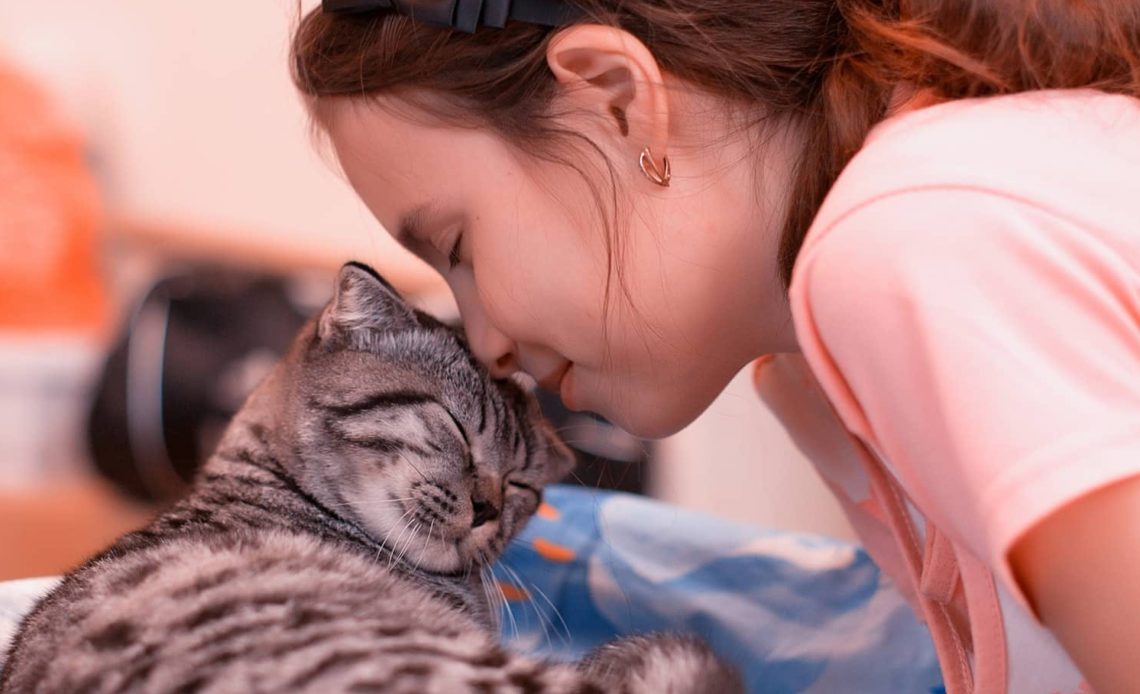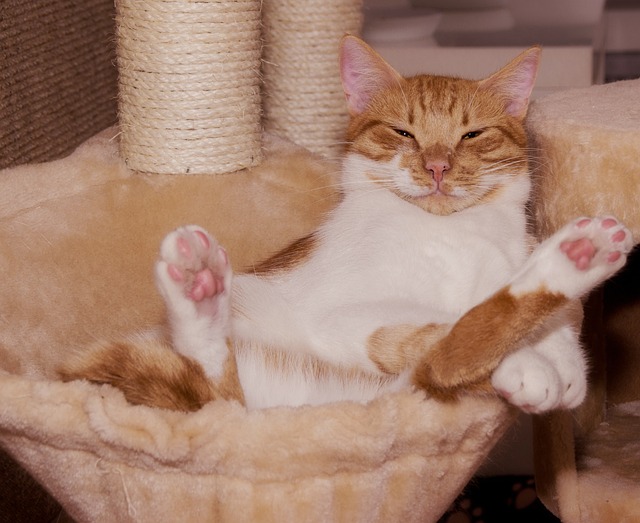ADVERTISEMENT
- Domestic cats can live for up to 20 years
- Factors such as diet, healthcare and environment can have an impact
- Neutered cats tend to live longer
- Cats have six key life stages which can help to understand certain health/behavioral problems
Getting to know your cat might take some time. Cats do things in a way that can be puzzling even for someone who knows a lot about cats.
But here’s one thing we can say for sure: on average, we can figure out how long a cat can live.
Average cat lifespan
Cats don’t actually have nine lives, but what they eat, how they’re taken care of, and where they live can affect how long they live. Neutered cats, those who have had an operation to prevent babies, usually live longer because it stops certain diseases and keeps them from wandering.
Depending on various factors, including luck, some pet cats can live up to 20 years. During their life, they go through six important stages, and understanding these stages can help owners with any health or behavior issues.
Life stages
Kitten (up to six months)

When your cat is a kitten, it’s the perfect time to show them new things like meeting other pets, getting used to household sounds, being brushed and handled, and becoming familiar with children.
This is also the time when your kitten grows really fast. It’s a good idea to neuter your pet during this stage to prevent any unplanned baby kittens.
Junior (six months – two years)
During this time, your cat will become fully grown and reach the age when they can have babies.
It’s crucial to play with your pet in a way that teaches them to play gently with people. Avoid rough and tumble games with your cat; use toys to interact with them.
Playing with your hands might encourage biting and scratching, which can be cute when they’re little, but as they grow, those bites and scratches can become stronger.
Prime (three – six years)
During these years, your cat is at its best, like a superstar! Even though they are healthy and young, it’s important to make sure your cat gets its vaccinations and health checkups. This helps prevent any diseases or illnesses from affecting them.
Mature (seven – 10 years)
When your cat reaches this age, it’s like they’re in their mid-forties to mid-fifties in human years.
You might see your pet slowing down a bit, and they might gain some weight. It’s crucial to watch how much they eat to make sure it matches their activity level. If you’re not sure if your cat is overweight or how to adjust their meals, talk to your vet for advice.

Senior (11 – 14 years)
When your cat gets to this point, it’s like they’re 70 years old in human terms. This means they might need more mental activities to stay happy.
It’s a good idea to make your cat’s surroundings interesting throughout their life, and it’s especially important as they get older and tend to relax more. Using food puzzles is a fun way to keep your cat entertained. If your cat is a bit overweight, it can also keep them busy and active as they try to get their food!
Geriatric (15 years and older)
Some cats can get to this age without slowing down at all (lucky for them!). But for others, they might start taking it easy, happily napping on their favorite pillow all day.
As cats get older, it’s important to keep a close eye on any changes in their behavior, like meowing more or using the litter box more or less. If you see anything unusual, it’s a good idea to make an appointment with your vet.
ADVERTISEMENT







Hi, this is a comment.
To get started with moderating, editing, and deleting comments, please visit the Comments screen in the dashboard.
Commenter avatars come from Gravatar.